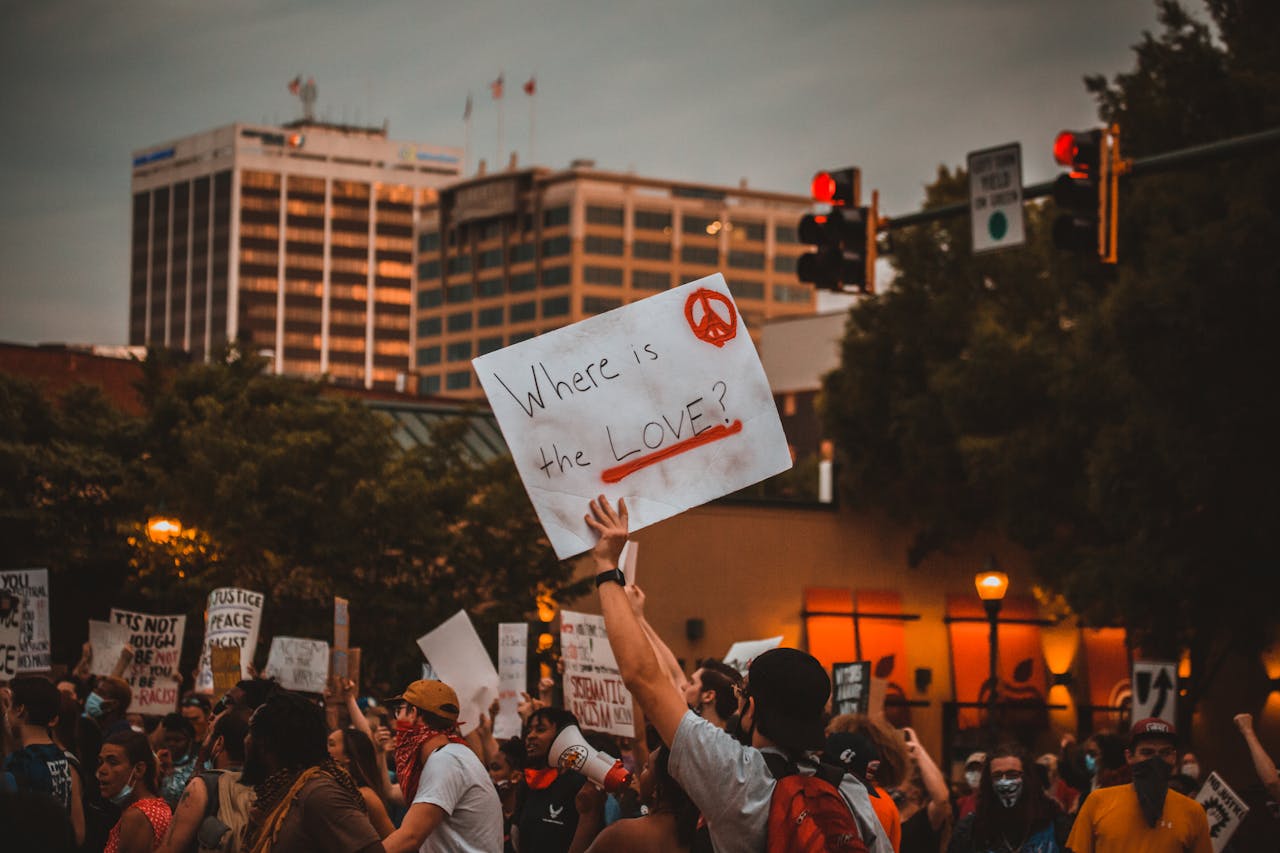The UN’s Unwavering Pursuit of Global Human Rights

The United Nations (UN) has long been a champion of human rights, with the promotion and protection of these fundamental freedoms being a core pillar of its mandate. The Universal Declaration of Human Rights (UDHR), adopted by the UN General Assembly in 1948, stands as a landmark document that enshrined the inherent dignity and equal rights of all human beings.
The Universal Declaration of Human Rights
The UDHR was a groundbreaking achievement, setting forth a comprehensive set of 30 articles that outline the civil, political, economic, social, and cultural rights to which every person is entitled, regardless of race, color, religion, sex, language, political or other opinion, national or social origin, property, birth or other status.
Some of the key rights articulated in the UDHR include:
- The right to life, liberty, and security of person (Article 3)
- Freedom from slavery, torture, and arbitrary arrest (Articles 4, 5, 9)
- The right to a fair trial and due process (Articles 10, 11)
- Freedom of movement, residence, and asylum (Articles 13, 14)
- The right to nationality and to marry (Articles 15, 16)
- Freedom of thought, conscience, religion, opinion, and expression (Articles 18, 19)
- The right to work, education, and an adequate standard of living (Articles 23, 26, 25)
While the UDHR is not a legally binding treaty, it has served as a powerful moral and ethical guide, inspiring numerous international human rights treaties and national laws. Its principles have become deeply embedded in the fabric of the UN’s work, shaping its policies and actions across a wide range of areas.
Promoting Human Rights Through UN Mechanisms
The UN has established various mechanisms and bodies to promote and protect human rights globally. The Office of the High Commissioner for Human Rights (OHCHR), established in 1993, is the principal UN entity responsible for human rights. It works to prevent human rights violations, provide advisory services and technical assistance, and coordinate the UN’s human rights efforts.
The Human Rights Council, a subsidiary body of the General Assembly, is responsible for addressing human rights violations and making recommendations to member states. It conducts periodic reviews of the human rights records of all UN member states and can establish fact-finding missions and commissions of inquiry to investigate alleged violations.
The UN also has a system of human rights treaty bodies that monitor the implementation of key international human rights treaties, such as the International Covenant on Civil and Political Rights and the Convention on the Elimination of All Forms of Discrimination Against Women. These bodies review periodic reports submitted by states parties and issue recommendations for improving compliance with treaty obligations.
Challenges and Criticisms
Despite its efforts, the UN’s human rights record has faced criticism from various quarters. Some argue that the organization has been ineffective in preventing or responding to major human rights crises, such as the Rwandan genocide and the ongoing conflicts in Syria and Yemen.
Others have criticized the Human Rights Council for allowing countries with poor human rights records to become members, undermining its credibility and effectiveness. The council has also been accused of disproportionately focusing on Israel while overlooking human rights violations in other parts of the world.
Furthermore, the UN’s ability to enforce human rights norms is limited, as it relies on the cooperation and political will of member states. The Security Council, which has the power to authorize interventions and impose sanctions, is often paralyzed by the veto power of its permanent members, hampering decisive action in cases of grave human rights violations.
Ongoing Efforts and Future Outlook
Despite these challenges, the UN remains committed to advancing human rights globally. In recent years, it has intensified its efforts to address emerging human rights issues, such as the impact of climate change, digital technologies, and the COVID-19 pandemic on human rights.
The UN has also placed greater emphasis on promoting the rights of vulnerable and marginalized groups, including women, children, indigenous peoples, persons with disabilities, and LGBTQI+ individuals. It has launched various initiatives and campaigns to raise awareness, combat discrimination, and empower these communities.
Looking ahead, the UN recognizes the need for continued reform and strengthening of its human rights mechanisms to better address contemporary challenges. Efforts are underway to enhance the effectiveness and accountability of the Human Rights Council, improve coordination among various UN bodies, and increase engagement with civil society and other stakeholders.
As the world grapples with complex global issues, the UN’s role in upholding human rights and ensuring that no one is left behind will remain crucial. By continuing to promote the principles enshrined in the UDHR and adapting its strategies to evolving realities, the UN can strive to create a more just, equitable, and dignified world for all.
